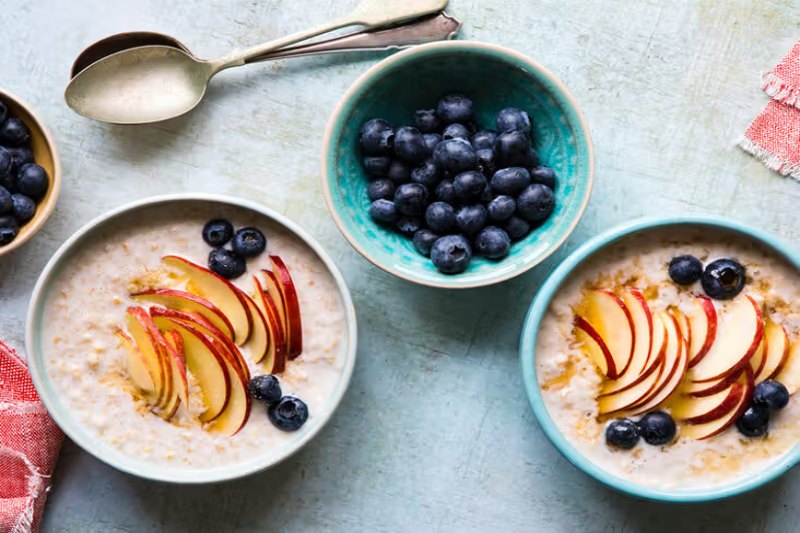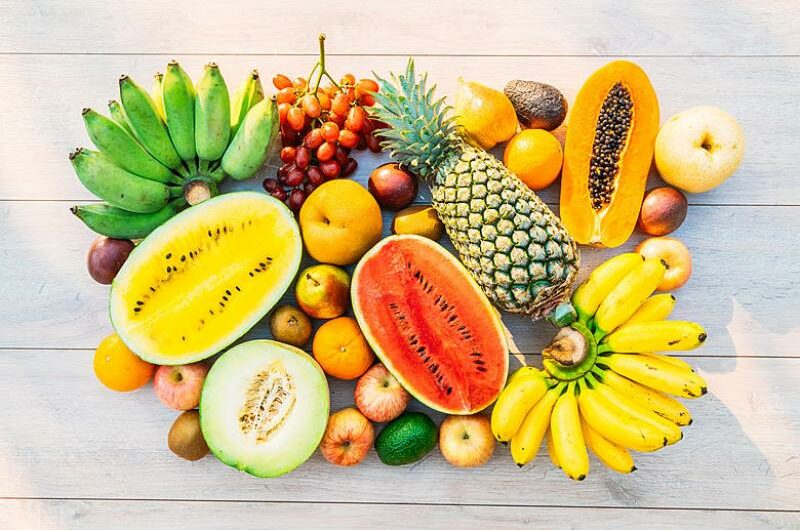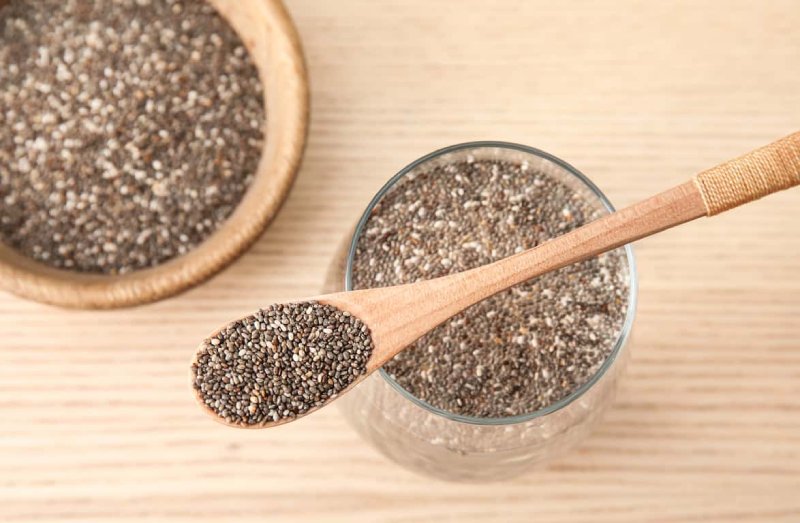Americans consume more protein than they actually require. They aren’t consuming adequate fiber. Furthermore, there’s mounting evidence that the outcome might not be good for health.
According to Vox, Americans are “oddly obsessed with protein,” consuming twice the recommended amount, and “60% of U.S. adults are trying to get even more of it into their diets”; this fixation may be raising their risk of heart disease and cancer.
There are certainly reasons to be concerned about getting enough protein. As GoodRX Health explained, “Protein deficiency can be a serious health risk and it’s a common cause of malnutrition in other parts of the world. Protein is a macronutrient, after all, meaning it is required in large amounts in the diet for proper growth, development and overall health.”
But there’s a problem with overconsumption, the article says. “Overloading your diet with protein can mess up your macronutrient balance. Eating high amounts of protein is usually achieved by eating lots of meat and dairy products and these are often high in saturated fat and low in fiber.”
An excess of the so-called bad cholesterol and a higher risk of cancer and heart disease may arise from this. However, the article states that “plant-based proteins (e.g., beans, grains, soy, nuts, and seeds) are lower in saturated fat, high in fiber, and rich in micronutrients like potassium and vitamin K (which Americans tend to not get enough of)”.
The Dietary Guidelines for Americans, 2020–2025 published by the federal government list “lean meats, poultry, and eggs; seafood, beans, peas, and lentils; and nuts, seeds, and soy products” as examples of foods high in protein.
in 2016, “People need sufficient protein in the diet because it supplies indispensable amino acids that our bodies cannot synthesize on their own. Together they provide the essential building blocks used to make and maintain muscle, bone, skin and other tissues and an array of vital hormones and enzymes.”
However, the Times report points out that Americans probably eat too much protein because it’s quite simple to meet the required daily intake of 56 grams for men and 46 grams for women just by eating food and not adding protein powders or beverages, which is something that many people do. According to The Times, a cup of chopped chicken contains approximately 44 grams of protein, whereas a serving of Greek yogurt or a cup of tofu only has 20 grams. Eighteen grams are produced by three eggs.
If you’re not paying attention, it’s easy to overdo it when you add in a protein bar or shake.
Overindulgence in protein
Men require around twice as much protein as women do on average, or roughly 100 grams per day, according to data from the National Health and Nutrition Examination Survey over ten years ago. Men and teenage boys in particular should “reduce overall intake of protein foods” and eat more vegetables, according to the updated Dietary Guidelines for Americans. The majority of adults in America consume too much protein, whereas older folks and teenage girls might not get enough.
A high-protein diet can cause kidney illness in certain people, according to the Times story, and meals high in protein don’t maintain muscle growth over time. According to certain research, eating too much protein may raise your risk of developing cancer, heart disease, and other issues.
“One study led by Valter Longo, the director of the Longevity Institute at the University of Southern California in Los Angeles, followed a nationally representative sample of 6,381 adults. It found that those who ate a high-protein diet between the ages of 50 and 65 were four times more likely to die of cancer than those who consumed less protein,” per the Times.
Some contend that the claim cannot be supported by the available data.
Another issue associated with consuming too much protein is noted by Scientific American: “Diets high in protein add excess nitrogen to the environment through urine, rivaling pollution from agricultural fertilizers,” according to a 2022 report.
The article stated, “This overabundance does pose a concern for the country’s rivers, even if it’s not harmful to human health. The residues from the digestion of proteins found in the country’s wastewater include nitrogen compounds, which can fuel harmful algal blooms and contaminate the air and water supplies. According to recent study, this kind of nitrogen pollution even compares favorably with fertilizers that are washed off of fields that produce food crops.
How about fiber?
According to Eating Well, fiber is not most people’s favorite food topic, yet it’s really important. Fruits, vegetables, whole grains, legumes, beans, nuts, and seeds all contain soluble and insoluble fiber. For good health, both are essential.
A high fiber diet lowers the risk of obesity, Type 2 diabetes, cancer, and heart disease. However, just 5% of Americans consume the recommended amount of fiber.
Inadequate fiber consumption can cause chronic inflammation, which is connected to the health issues listed above, among other things. Less robust immune systems are present. It is more difficult to control weight. Additionally, you could experience diarrhea or constipation, hemorrhoids, a higher chance of colon cancer, inflammatory bowel disease, and other illnesses.
Reducing the amount of protein that comes from meat and dairy and increasing the amount that comes from plants is one method to receive both fiber and protein.
Protein deficiency has its own set of issues. According to Health.com, these indicate that you’re not receiving enough:
- Growing.
- changes to the skin and hair, such as peeling, dry, brittle, or graying skin or hair loss.
- becoming more ill.
- Weakness and loss of muscle.
- reduction in the density of bone.
- reduced growth.
- Gaining or losing weight.
- Anemia.
- One more concern about food
- When it comes to healthy eating practices for Americans, protein and fiber are not the only things to consider.










